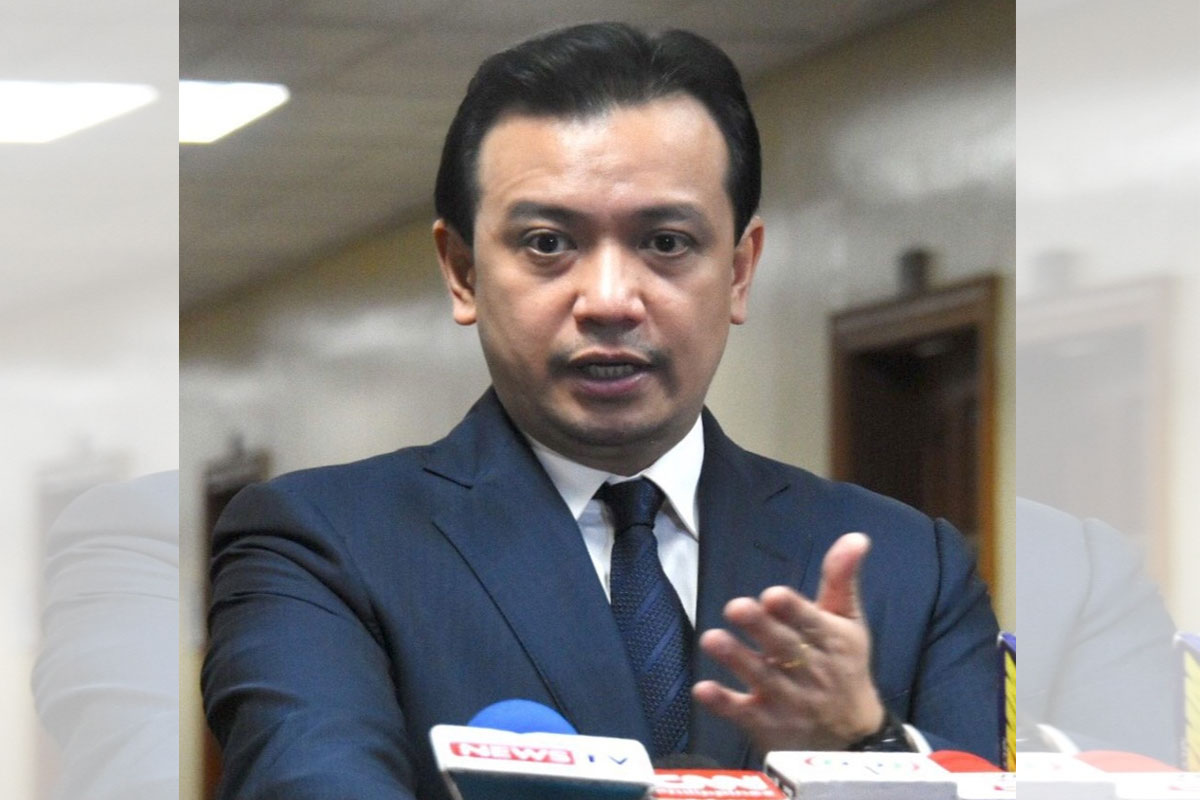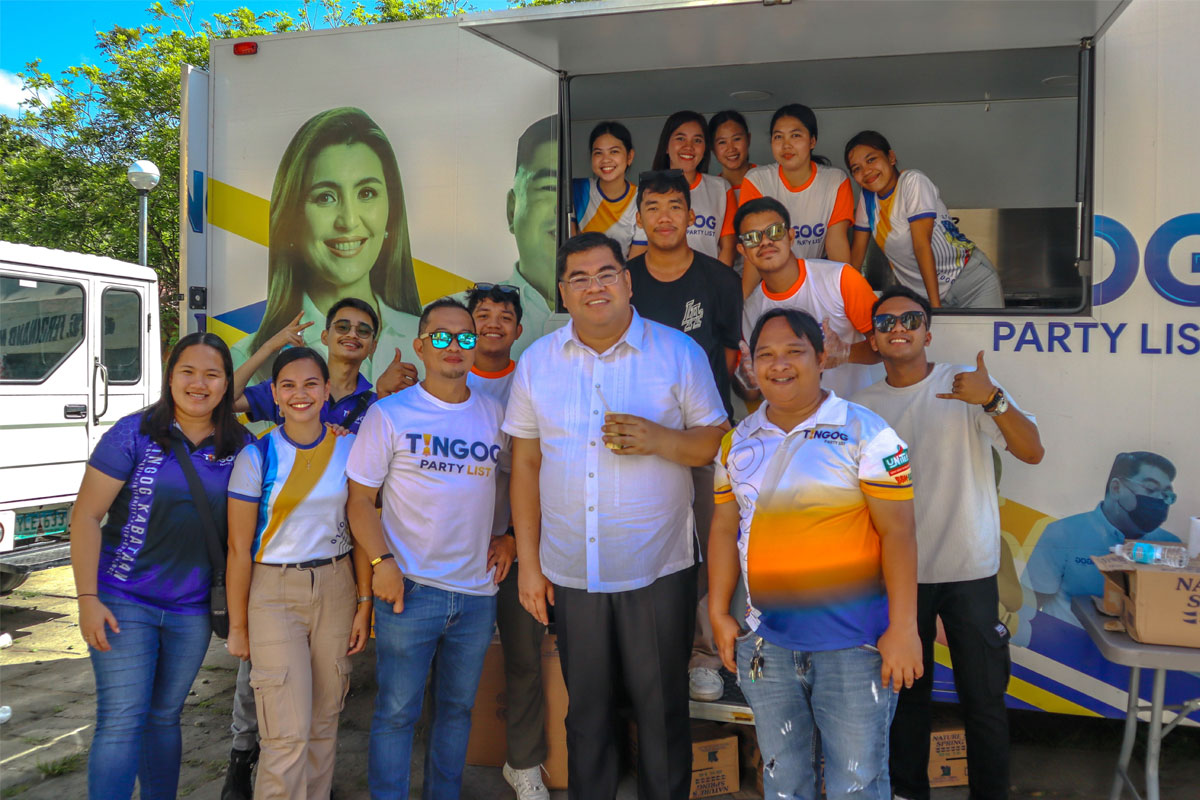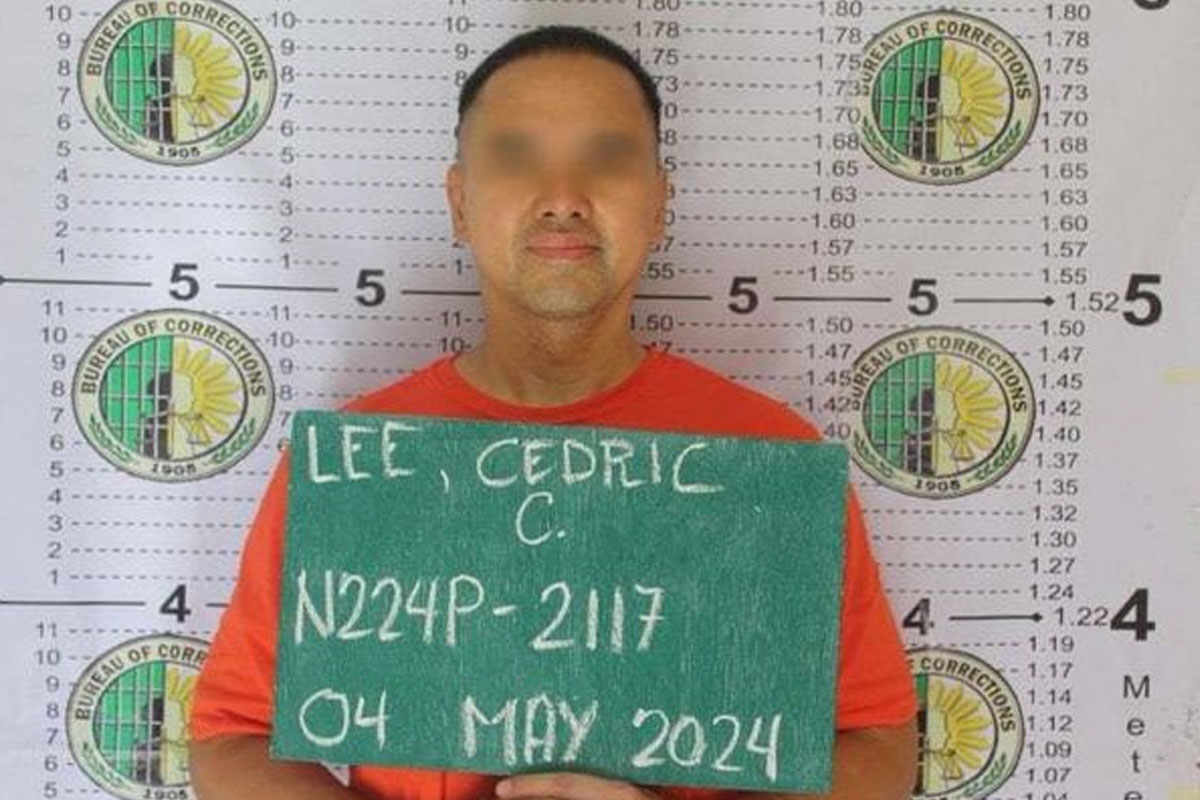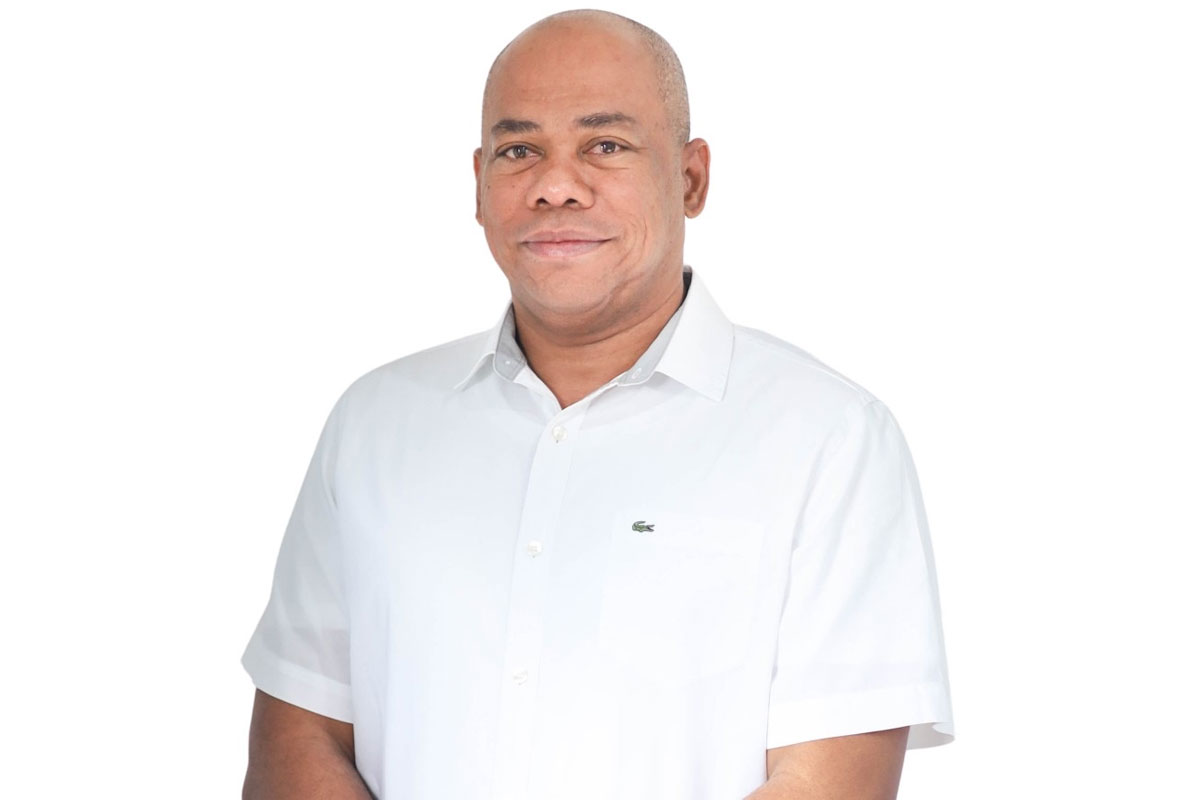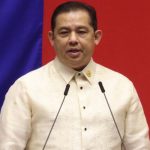
Villafuerte tells senators to “keep ball rolling”on constitutional reforms
CAMARINES Sur Rep. LRay Villafuerte on Sunday welcomed the decision of the Senate committee on constitutional amendments and revision of lawsto get a move on constitutional amendments by wrapping up its public hearings on the proposal and then submitting its would-be proposal reforms for plenary deliberations.
“Right now, it’s beside the point whether the Senate considers improving our Constitution by way of a Con-Con (Constitutional Convention) or Con-Ass (Constituent Assembly),’ Villafuerte said.
“What is important at this stage is for the Senate to consider amendments to our flawed Constitution, so the 19th Congress can come up with a consolidated measure green-lighting a Charter makeover at the soonest time possible.”
“The important thing is for us lawmakers to keep the ball rolling on constitutional reforms, in the hope that we can do away soon enough with the restrictive economic provisions of our 36-year-old Charter that have put off investors and impeded the inrush of FDIs (foreign direct investments),” said Villafuerte, who heads the National Unity Party (NUP) that has given its 100% backing to the House leadership’s push for constitutional amendments via the Con-Con route.
He appealed anew to senators to give constitutional amendments a chance and to attend to it “with a similar sense of urgency, out of consideration for its supermajority support in the House of Representatives, and given the fact that a majority of them were once members of this bigger chamber.”
Thirteen senators had been elected to the House at one time or another in the past.
Villafuerte issued this statement in response to the report quoting Sen. Robinhood Padilla as saying that the Senate constitutional amendments committee, which he chairs, is close to wrapping up its panel discussions on constitutional amendments, so he can then submit this proposal for plenary action.
However, Padilla, who claims to support the Con-Con proposal, said he might end up supporting constitutional amendments via Con-Ass instead if only to keep the process going and gain support from the senators who are cool with the Con-Con proposal ostensibly because of its huge cost and for other reasons.
There are also arguments raised in the Senate that constitutional amendments are not necessary because the Congress: (1) had already written four laws during the former Duterte administration that were designed to attract more FDIs, and (2) must focus on the country’s No.
1 priority, which is poverty reduction.
These four FDI-friendly measures are the Corporate Recovery and Tax Incentives for Enterprises Act (CREATE) and the amendatory laws to the Retail Trade Liberalization Act (RTLA), Foreign Investments Act (FIA), and Public Service Act (PSA).
Padilla’s committee is set to hold two more hearings this week, including one where Cagayan de Oro City Rep. Rufus Rodriguez, chairman of the House committee on constitutional amendments, has been invited to discuss Resolution of Both Houses (RBH) No. 6 and House Bill (HB) No. 7352.
NUP is the biggest power bloc in the House next to the ruling party Lakas-CMD led by Speaker Ferdinand Martin G. Romualdez, and all of NUP’s 45 member-legislators had voted for both RBH 6 and HB 7352 that seek to set up a Con-Con in this year’s fourth quarter to go over our Constitution’s 40%-cap on foreign ownership of, or participation in, Philippine businesses.
Both RBH 6 and HB 7352 were passed on third and final reading by 301 or nearly 96% of the bigger chamber’s 314 members, illustrating the
overwhelming House support for urgent constitutional reforms via a Con-Con.
RHB 6 aims to constitute a hybrid Con-Con composed of elected and appointed delegates, of which the elective ones are to be chosen in
balloting to coincide with the October 30 election for barangay and Sangguniang Kabataan (KB) officials.
RHB 6’s implementing law will be HB 7352, which consolidated four Con-Con proposals, including HB 4926 which was authored by Villafuerte.
Villafuerte assured senators who worry about the possible introduction of political reforms in the event of a Con-Con that the super majority
vote in the House was built on the consensus that “the sole purpose of the latest initiative on constitutional amendments is to ditch our Constitution’s anachronistic economic provisions that have choked FDI inflows, despite the Philippines’ pre- and post-pandemic status as one of the region’s outperforming economies.”
He stressed to senators that RHB 6, for one, had pointed to “extensive studies show(ing) that particular economic provisions of the 1987
Constitution need to be revisited and recrafted so that the Philippines may become globally competitive and attuned with the changing times.”
As for the argument that the Senate would rather devote its time to measures helping our people, Villafuerte noted that constitutional
amendments need to top lawmakers’ attention because the No. 1 problem of the Filipino majority is generational poverty.
“We need to create jobs, and for our order to create jobs we need foreign investment, foreign capital. And one source of poverty in the
Philippines is our low agricultural output,” he said in a TV interview. “Investors would not consider sinking more investments in agriculture if they will not be allowed to own the land or take full control of enterprises to be used for agribusiness or farm production.
They cannot take the farmlands with them anyway if and when they opt to leave their businesses.”
Fending off the claim that constitutional reform by a Con-Con will be too costly, Villafuerte said that “Constitutional amendments should not be seen as an unnecessary expense but as a needed investment for future higher growth.
“Cost should never be the No. 1 determinant on whether to push through or not with something as crucial to our sustainable, robust economic growth after the pandemic as substantially bigger FDI inflows,” he said.
Last week, Villafuerte said that with |the overwhelming formal support of the House for immediate constitutional reform, “the ball is now in
the Senate’s court” on whether the bicameral Congress is ready to help sustain our outperforming economy’s post-Covid growth momentum by ditching the antiquated provisions of the 1987 Charter that have been choking the inflow of FDIs needed to boost economic activity and generate jobs.
“Given the supermajority vote in the House for both the resolution and it’s accompanying implementing on constitutional reform via the
Con-Con route, the ball is now in the Senate’s court on whether to consider fixing in a timely fashion the anachronistic economic provisions of the Constitution that have for long put a dampener on FDI inflows,” Villafuerte said.
For Villafuerte, “a timely consideration of the constitutional amendments proposal now pending with the Senate committee on constitutional amendments will reveal to our people whether senators are indeed lukewarm about constitutional reform, as claimed by Senate President Migz (Juan Miguel Zubiri), or if a majority of them actually share our conviction in the House that FDI inflows will remain sluggish, despite our country’s status as one of the region’s outperforming economies pre- and post-pandemic, for so long as we hold on to the constitutional limits on foreign ownership or participation in Philippine businesses.”
In case the Con-Con proposal is approved in the Senate, he said the timely action will give the Commission on Elections (Comelec) enough
time to hold the election of delegates simultaneously with the barangay and SK polls on October 30 and will be on target with HB 7352’s plan for the proposed Con-Con to do its task for seven months from December 2023 to June 2024.
But in case the constitutional amendments proposal via the Con-Con route cannot indeed muster enough votes, “We in the House would
respect such a decision by a majority of our senators and leave it at that,” Villafuerte said.
“However, at this point, we are appealing to our senators to give serious thought to the timely plenary action on this latest constitutional reform proposal designed to rid the 1987 Charter of its 40%-cap on foreign ownership or participation in businesses that have for decades now turned off investors and restricted FDIs,” he said.
“We would only know for sure whether our senators support or not constitutional amendments via a Con-Con at this early stage of the
Marcos presidency if they were to vote soon enough on constitutional reform in time for the scheduled October 30 polls,” he said.
“Our 36-year-old Constitution is far from perfect, and has long needed a makeover, at least in its anachronistic economic provisions that
limit foreigners to 40% ownership of, or participation in, Philippine businesses in the midst of an increasingly borderless world where we see higher FDI streams to many countries in our region and elsewhere that have opened wide their economies to international investors,” he said.




